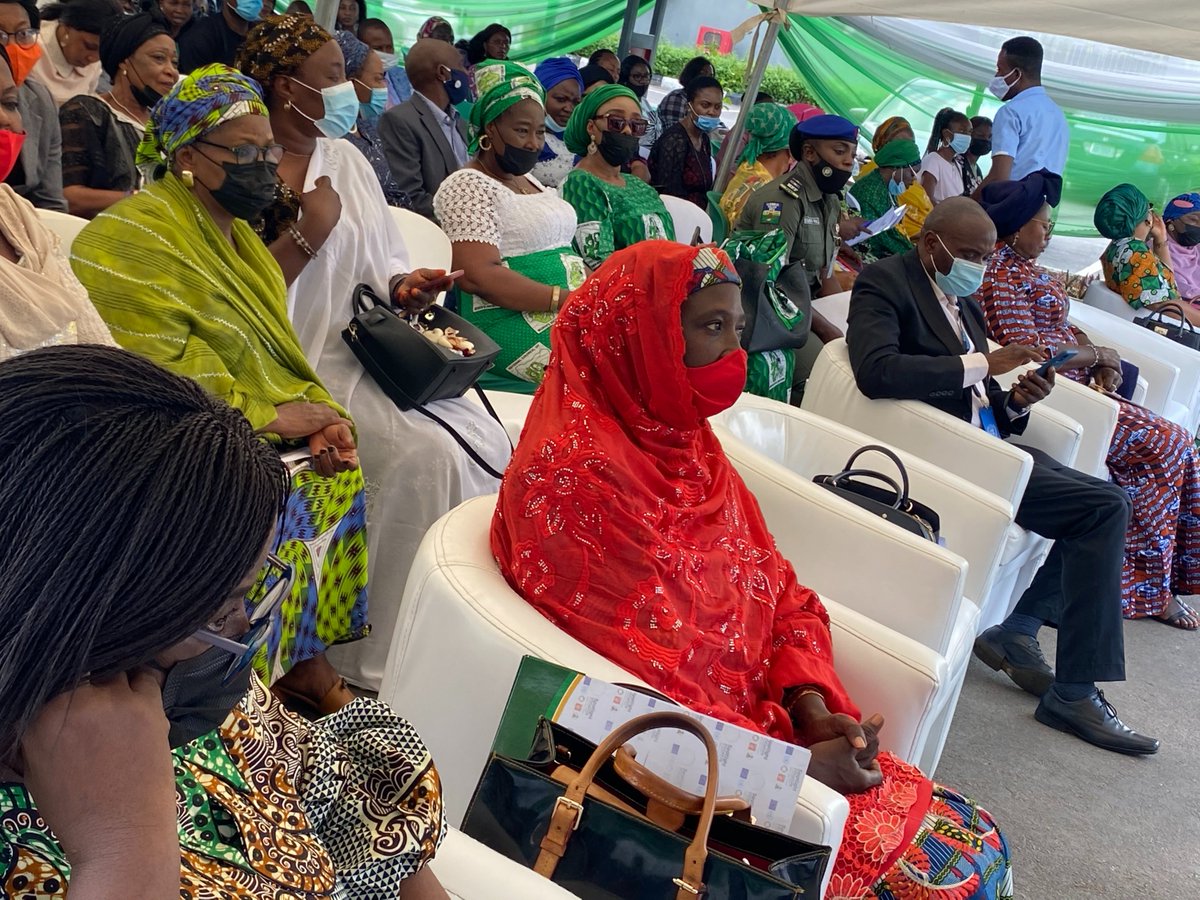The formation of the Alliance of Sahel States, comprising Mali, Burkina Faso, and Niger, marked a significant regional development against the backdrop of ongoing security challenges in the central Sahel. Signed amidst the political crisis stemming from the coup in Niger in July 2023, the alliance, symbolized by the Liptako-Gourma charter, aims to address pressing security issues in the region. However, its effectiveness in countering armed rebellion and external aggression remains contingent upon several factors.
The Sahel region has been grappling with a jihadist insurgency since the early 2000s, leading to conflicts such as the war in Mali and insurgency in Burkina Faso. Moreover, recent military coups in member states have strained relations with regional blocs like the Economic Community of West African States (Ecowas) and the international community, despite hosting French troops on their soil.
The creation of the alliance coincided with Ecowas’ threat of military intervention in Niger to restore constitutional order post-coup, underscoring a shift in regional dynamics. However, questions loom regarding the alliance’s structure, as its operational bodies and mechanisms are yet to be established.
The alliance signals a regional desire for solidarity, departing from previous reliance on external interventions, particularly French-led efforts. France’s withdrawal from Mali’s Operation Barkhane and Burkina Faso’s Operation Sabre prompted a reevaluation of counterterrorism strategies, including seeking alternative partnerships such as with Russia. Yet, the resurgence of insecurity in the Sahel underscores the limitations of will and solidarity alone in combating terrorism and organized crime.
Liptako-Gourma, a region central to security concerns, has witnessed a spike in violence following the withdrawal of French forces. The escalation of political violence in Burkina Faso and Mali underscores the urgency of addressing security challenges. However, the alliance faces constraints in regional and international cooperation. The collapse of the G5 Sahel Joint Force, coupled with strained relations with European partners, poses challenges to effective collaboration.
While Ecowas remains active in resolving political crises, its commitment to combating terrorism in the Sahel remains limited. The threat of military intervention by Ecowas played a role in catalyzing the formation of the alliance, highlighting tensions within the region.
Despite aspirations for autonomy, the alliance members lack sufficient resources and military capabilities to tackle terrorism independently. A critical gap lies in aerial assets, essential for effective counterterrorism operations. Moreover, a military-centric approach may exacerbate violence and escalate civilian casualties, necessitating a holistic security strategy encompassing economic and social development.
The Liptako-Gourma Charter primarily focuses on defense and mutual assistance, overlooking crucial aspects of economic and social development vital for long-term security. While the alliance represents a geopolitical signal, its potential hinges on transforming into a robust security structure with comprehensive strategies.
Critics argue that the formation of the Alliance of Sahel States holds potential for negative consequences despite its aim to address security challenges in the region. Firstly, the creation of a separate alliance could fragment existing regional cooperation efforts, potentially hindering the effectiveness of broader strategies within frameworks like Ecowas. This fragmentation may lead to duplication of efforts and weakened coordination among regional actors.
The decision to form an independent alliance may strain relations with external partners, particularly former colonial powers like France. While reducing dependence on foreign assistance for security is a goal, it could also result in diplomatic tensions and reduced support from traditional allies, impacting the region’s stability.
Amidst Ecowas’ threat of military intervention in Niger could escalate tensions within the region, potentially leading to political discord and weakening the collective response to security threats. This strained relationship between the alliance members and Ecowas could undermine regional solidarity and cooperation. A military-centric approach by the alliance may lead to an escalation of conflict and violence, particularly if counterterrorism efforts prioritize military action over addressing underlying socio-economic and political grievances. Such an approach could further destabilize the region and increase civilian casualties.
Despite aspirations for autonomy, the alliance members face significant resource constraints and capacity limitations. This could hinder their ability to effectively combat terrorism and maintain security within their borders, potentially exacerbating existing challenges and leaving them vulnerable to security threats.
Military alliances in regions with a history of political instability and coups may reinforce authoritarian tendencies among member states’ leadership. The focus on security and defense could overshadow democratic governance and human rights, leading to further erosion of democratic institutions and entrenching authoritarianism.
By primarily focusing on security and defense, the alliance may neglect crucial development needs in the region. Socio-economic disparities and lack of basic services could fuel grievances and contribute to the perpetuation of insecurity, undermining the alliance’s long-term objectives and exacerbating underlying issues in the Sahel region.


